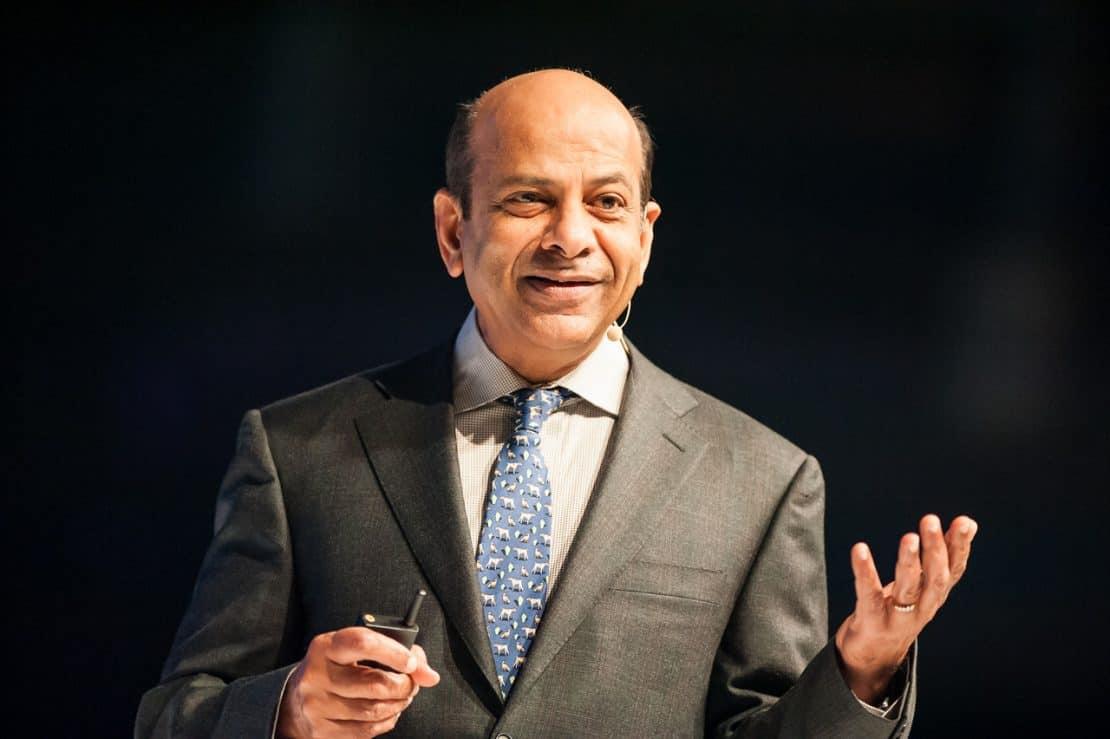21May2015
Specialists.
Already their title tells us that they are somehow special, right? However, we often forget it is still possible for these so-called ‘specialists’ to make very poor decisions and recommend disastrous advice. In fact, this happens a lot more than you might realize.
Psychologists have found a glitch in our cognitive system, which they call blind spot bias. As we know, our blind spot is a sector we are not able to see properly, like the area not visible from the rear view mirrors of our cars. Typically we think that in the case of Average Joe this blind spot area is larger than in the case of Spencer the Specialist.
Well, we’d be wrong!
Being a specialist does not mean that they are (all things considered) better thinkers than non-specialists. In fact, specialists suffer from a significantly greater influence of the blind spot bias. So why might this be the case? Well, if you have spent your whole life defending and reaffirming your own views and ideas against others, you naturally start to think that you have an awareness or a perspective that others don’t possess. Little by little, this perspective becomes dominant and obtuse. Unsurprisingly this leads people to lay heavy weight on theories that should really only inform rather than direct their decision-making.
The very identity of specialists is based on getting it right, and showing hesitation or doubt gives the wrong impression. Ironically, the more intelligent and specialized you are, the more you suffer from the blind spot bias, and the less you are aware that you suffer from it.
Are specialists then worthless? No. But we need to find the proper way of utilizing their skills.
For some time now, the business world has been eager to capitalize on the findings of some well-known psychologists. For example, there has been a fad concerning intuition in the decision-making process. Behind this idea is the work of well-known German psychologist Gerd Gigerenzer. He claims that our subconscious cognitive machinery is developed so that it gets things right most of the time, even if we do not consciously give it the instruction to be conscientious. In fact, over-thinking may result in subpar performance!
At the same time, Daniel Kahneman’s Thinking Fast and Slow is widely recognized amongst the business community, and his message is the mirror image of Gigerenzer. We commit several cognitive fallacies when we trust our intuitions and do not engage in deep rational reflection!
Who is right? Who should I consult to help me solve my problems?
Specialists are not snake oil merchants. If their theories are based on solid research then they tell something about our world that is true. However, what the specialists cannot often tell is how to apply these results.
The thing that you need to know about behavioral research is that it is, on the one hand, very context-dependent. The tests that scientists perform usually tell us little things about how a certain group of people performs in certain strictly defined situations. On the other hand, some results pertain only to large crowds and do not tell anything about individuals; this is just how people in general act within given parameters. Now the obvious problem is that even the most specialized specialist cannot tell you what you should do in your unique situation. And if he or she does, you should be very wary of their advice.
Making the right decision is damn hard (oh, if we could only outsource decision-making). What the specialist can offer you are tiny bits of wisdom concerning human nature. For this reason it is sometimes constructive to consult and learn from several specialists to gain a different perspective and identify the different pieces of the puzzle. In the end, though, it is up to you to put the puzzle together.
Dr. Theol. Olli-Pekka Vainio works as University Lecturer of Ecumenics at the University of Helsinki. He has studied human belief formation and cognitive performance, especially in the cases of disagreement among peers. Recently, he has authored (with Katleena Kortesuo) a satirical leadership manual Diktaattorin käsikirja [Dictator’s Handbook], which examines the ways we are fooled by the people around us.



 by:
by: